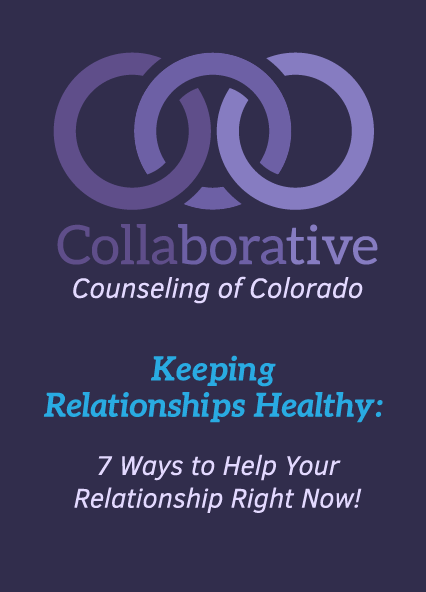Technology is ubiquitous in our lives today and yet many of us often lament that it can seem to impede us as much as it helps us. Nowhere is this phenomenon more true than with our phones. These miraculous little computers-in-our-pockets help us to do so many things and have become indispensible to us. I know that I always make sure I have three items with me when I leave my home: wallet, car keys and phone. At the same time those little screens have a tremendous power to suck our time and attention.
‘Sacred Time’
Time is the variable we ought to pay attention to. Psychologist Adam Atler has done extensive research and writing about the effect screens and technology have on our happiness. He summarizes some of his key findings in his excellent TED talk (Its less than 10 minutes long!). Among them is the idea that, after you take out time we are sleeping, working and doing ‘survival tasks,’ there is precious little time in a given day for us to focus on the things that really matter to us: our dreams, our passions, our relationships. He is not exaggerating when he calls this ‘sacred time.’ These are the moments that we reflect on when we look back on our lives.
Since the introduction of the first iPhone in 2007 the number of minutes of that time we spend in front of screens has grown dramatically. His research goes deeper to find that we spend a majority of those minutes on apps that do not make us happier or even deplete our sense of well-being (hint: social media apps are on the list).
Stopping cues
Why would this be the case? Why would we deliberately choose an activity that depletes our happiness and our sacred time? The answer may lie in the lack of ‘stopping cues.’ Until relatively recently our media consumption has had plenty of cues for us to pause and redirect ourselves (e.g. finishing a magazine and putting it down, having to wait a week for the next episode of a show). Today, however, our news feeds and on-demand media options are bottomless. You know this firsthand if you’ve ever been sucked into the Facebook vortex!
What can we do!?
Perhaps an understanding of the cause helps point us toward ideas for solutions. We need to manufacture and insert stopping cues into our routines. Atler reviews several in his book and his talk. Among my favorites are: (1) creating the cue that you put your phone as far away as possible during dinner time; (2) putting your phone on airplane mode during the weekend (you still have a camera, but not a phone). You also might try to make it a game or challenge. Next time you are out to lunch with friends try inviting them to play a game of ‘phone roulette.’ The rules are simple: you stack the phones in the middle of the table and the first person to reach for their device picks up the bill!
By the way: if you would rather not spend another 9 minutes in front of a screen you can always listen to Dr. Atler’s talk as an audio podcast.

